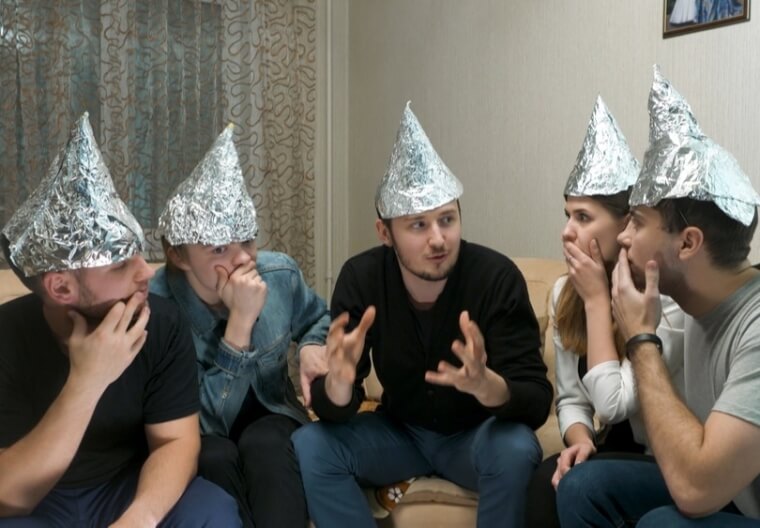1. Check The Source
Does the person or entity making this claim have any valid expertise in the area that they are speaking about? Perhaps they're regurgitating material they've heard elsewhere? Are they part of a larger marketing campaign that purports to be an authority in science or academia? It's always important to check the source of the scientific claims, and is often the fastest way to detect whether something is actually real or pseudoscience.
2. What Kind Of Language Is Being Used?
As Albert Einstein once said, if you can't explain something simply, you can't understand it well. With this excellent statement in mind, is this so-called science over-compensating with jargon to disguise the fact that it is, in fact, nonsense? Obvious clues to look out for when distinguishing pseudoscience from the real deal are things like excessive exclamation points or overly emotive language. If you're unsure about some of the terminology being used, Google it! Remember, peddlers of pseudoscience are trying to make their claim sound valid and intellectual, so they will probably be saying far too much.
3. Beware Exclusivity
True science is often a collaborative effort, and new findings typically arise out of existing knowledge already available in the public domain. After all, science has been practiced for thousands of years and there are literally millions of people engaged in various experiments and projects right now. It's therefore highly unlikely that a brand new treatment or therapy would spring out of nowhere without an existing scientific background to explain how it works. Beware sales terms such as 'secret formula,' which attempts to make you feel like you're part of something special when, in actual fact, it more likely means the product is yet to be exposed to scientific critique.
4. Does It Mention A Conspiracy?
A favorite tactic of pseudoscience peddlers is to add a dose of conspiracy into their sales pitch. Claims such as, 'the government has been withholding this information for decades,' or 'doctors don't want you to know about this,' are designed to make you feel like you've beaten the system and can finally access something that "they" don't want you to. If you were to dig a little deeper we're sure there wouldn't be a valid explanation or any evidence behind these conspiracy claims. This kind of rhetoric would never be used within real science, and you should consider it a major red flag.




